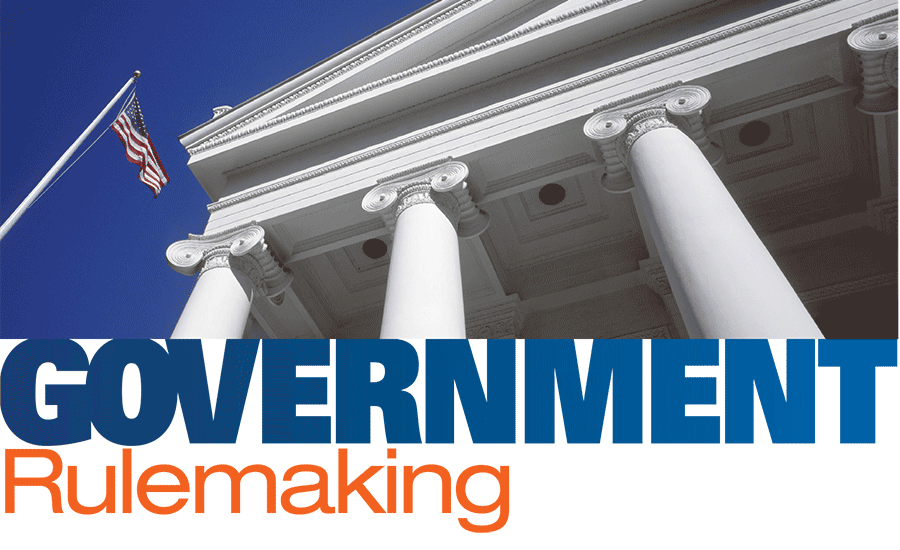A workers’ advocacy group says a new Department of Labor (DOL) proposal will put teen workers at risk, while the DOL says it will put teen workers to work – yet maintain safety.
At issue is the DOL’s action entitled “Expanding Employment, Training, and Apprenticeship Opportunities for 16- and 17-Year-Olds in Health Care Occupations under the Fair Labor Standards Act.”
Different from fork lifts
The move would ease age restrictions for nursing home and hospital employees, allowing 16- and 17-year-olds to use power-driven patient lifts without adult supervision – something currently prohibited by the DOL’s Hazardous Occupations Orders (HOs). The DOL said the change is justified because patient lifts “substantially differ in form and function from the other equipment that the HO governs, including forklifts, backhoes, cranes, and other heavy industrial equipment. Additionally, patient lifts are safer for workers than the alternative method of manually lifting patients.”
If the proposal is finalized, the operation of power-driven patient lifts would be removed from the list of activities that HO 7 prohibits.
Ignoring the evidence
Deborah Berkowitz of the National Employment Law Project (NELP) says the DOL is “deliberately ignoring the clear expert and scientific evidence about the danger of young workers using these devices unattended.”
Research reviewed by NIOSH in 2011 found that “16- and 17-year old youths lack the ability to recognize the risk associated with performing hazardous tasks, such as handling and transferring patients. When examining the ability to assess risks specific to work situations, adolescent workers have been shown to greatly underestimate the risks associated with tasks known be hazardous...The tasks least likely to be recognized as hazardous or dangerous were operating power equipment, with only 1.6% of respondents who perform these tasks recognizing them as hazardous.”
Immature brains
NIOSH also concluded that safety training among young workers did not produce a difference in hazard recognition because the adolescent brain’s cognitive control system – which improves an individual’s capacity for self-regulation - is not yet mature. The agency recommended that a 16- or 17-year-old using a mechanical lift must be assisted by an experienced caregiver who is at least 18 years of age – a recommendation that DOL adopted as a mandate.
“But today, without providing any countervailing evidence to refute the expert recommendations of NIOSH, the Labor Department is proposing to rescind this enforcement policy, under the guise of its commitment to expanding apprenticeships for young workers,” said Berkowitz. “Unfortunately, the logic fails on its face. The risk of harm to these workers is too great to abandon the simple requirement that they have adult assistance when operating machinery that could put them at risk for injuries that could affect them for the rest of their lives.”
She said the rule change would also endanger patients.
Patient safety
That concern was shared by representatives from California Advocates for Nursing Home Reform; Center for Medicare Advocacy; Long Term Care Community Coalition and National Consumer Voice for Quality Long-Term Care met with officials from the Office of Management and Budget Sept. 24 to deliver a statement that read: “Revoking the 2011 DOL Field Memo that prohibits 16- and 17-year-old nursing home assistants from operating patient lifts by themselves would recklessly ignore research and experience and turn over one of the most complicated and hazardous jobs in nursing homes to the least experienced workers. The most vulnerable and dependent patients in the health care system would be at increased risk of injuries that can cause pain, broken bones, medical complications, increased disablement, hospitalization, and frequently, death.”
The DOL says the change would “increase the participation of young workers in health care occupations and enhance their future career skills and their earning potential, without reducing worker safety.”
NELP has a different view. “Although NELP supports the goal of providing more job-training and apprenticeship opportunities for young workers who wish to enter the health care field, we cannot do so at the expense of those very workers’ health and safety and the health and safety of nursing home residents. This proposed rule presents far more danger than benefits to young workers and, as such, NELP must oppose its implementation.”

